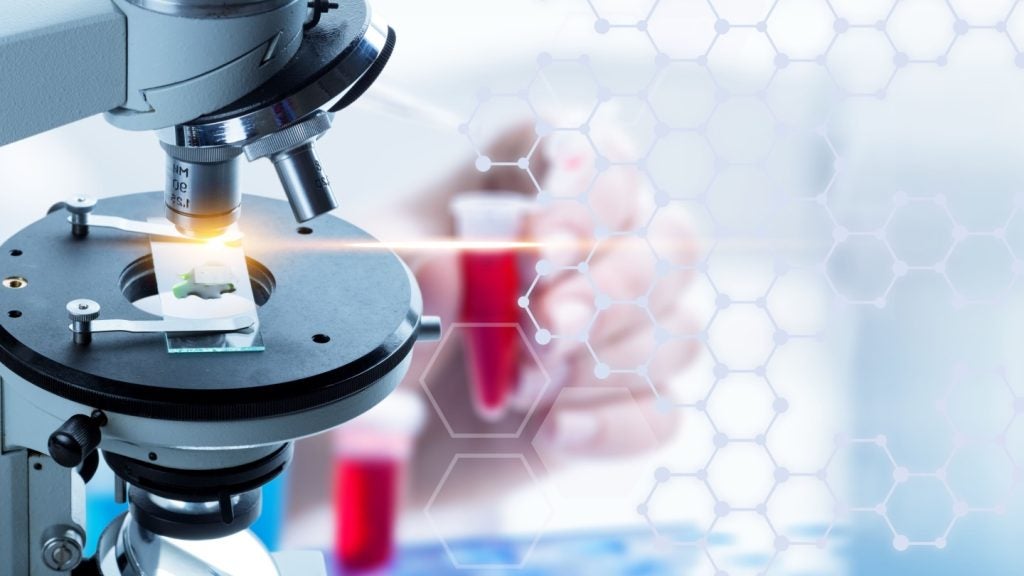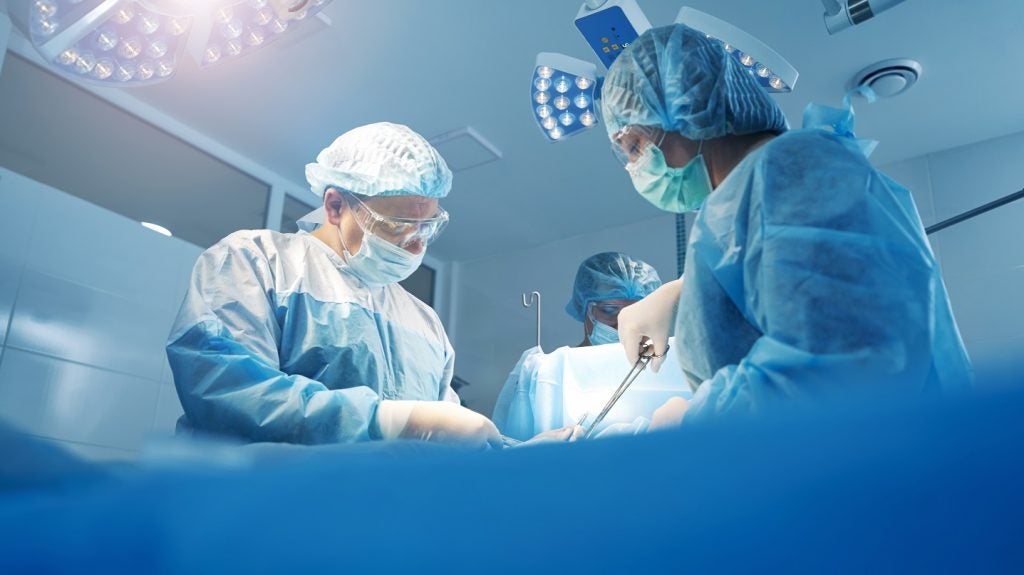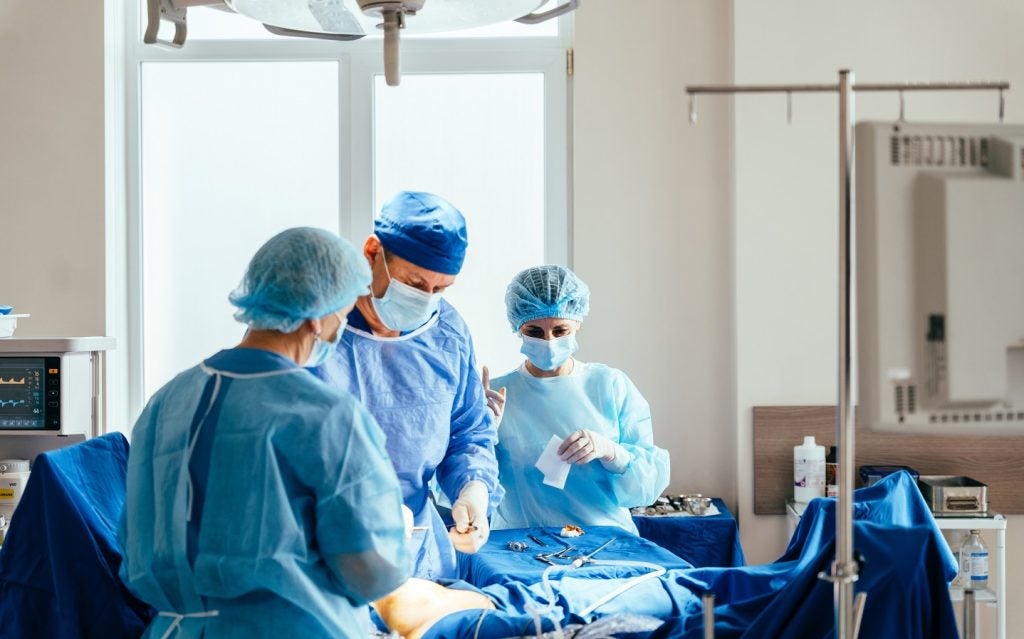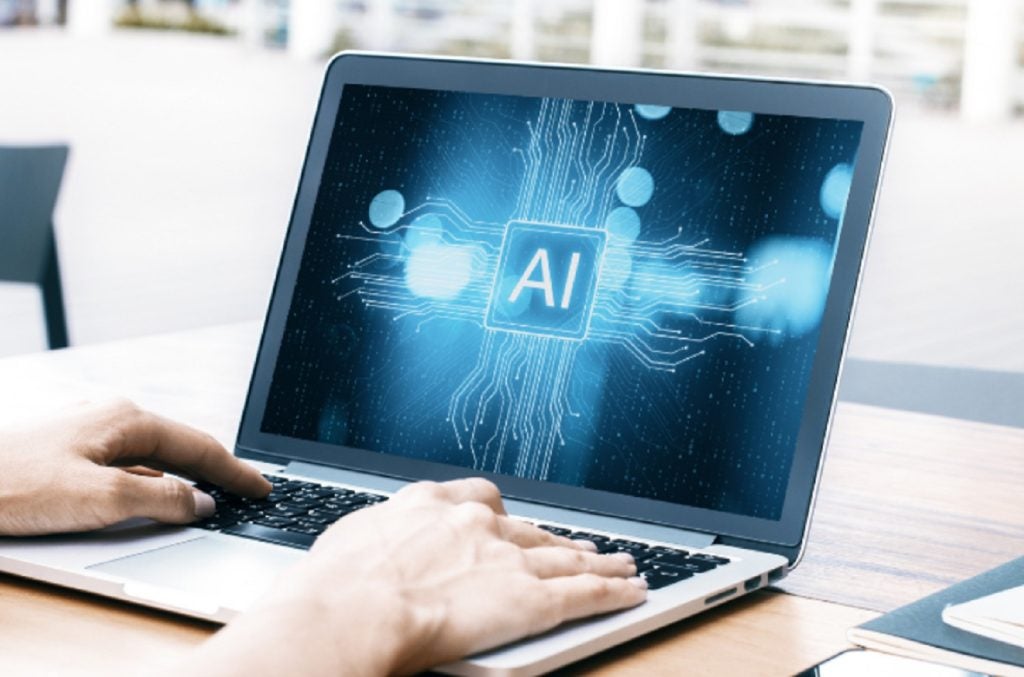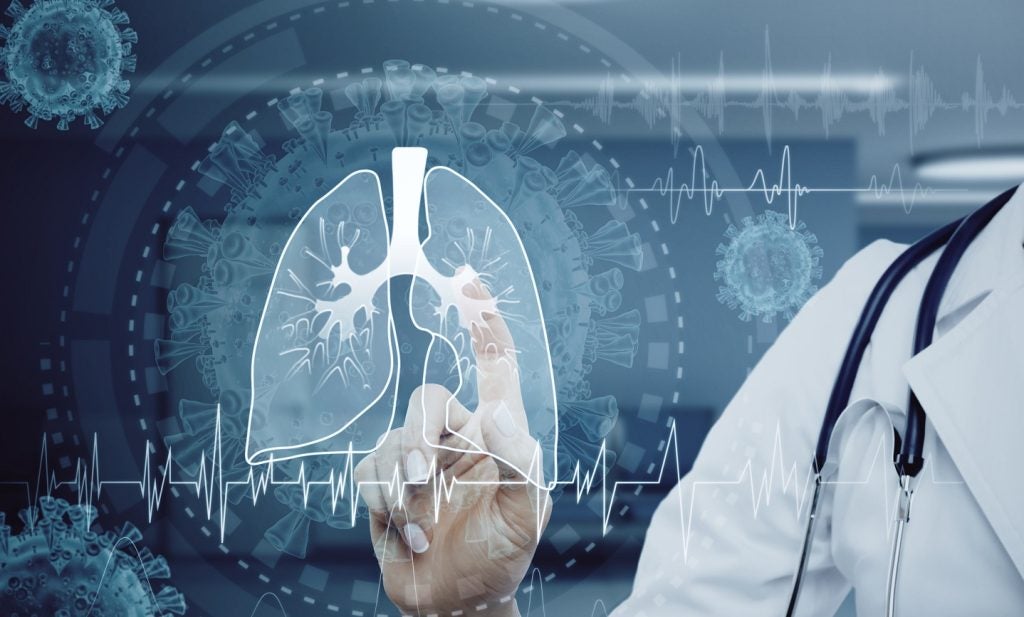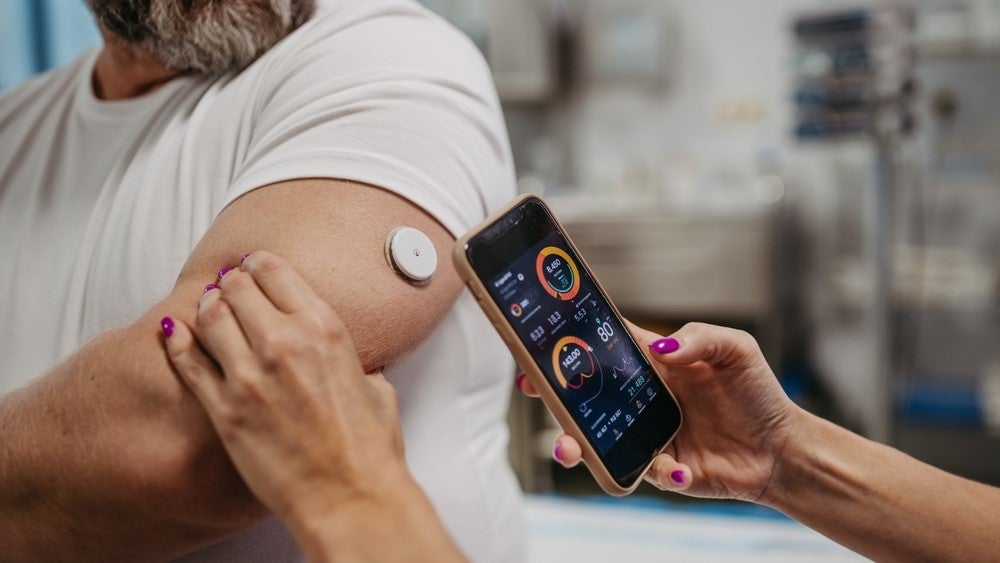Liquid biopsy technology is advancing, but investors remain sceptical.
Startups across Israel are developing liquid biopsy tests, and the quest for investment is growing ever more competitive. As a result, the need for companies in the field to differentiate their offering and clearly articulate how it functions is of increasing importance.
In 2023, Israel led the Middle East and North Africa (MENA) region with a 39% market share of oncology IVD devices – of which liquid biopsy is a part -according to GlobalData’s Market Size & Growth database. Overall investment in Israeli IVD innovation stood at around $175m in 2023, down from around $432m in 2022.
At the Biomed Israel 2024 conference, OncoHost CEO Ofer Sharon will moderate a session titled "Liquid biopsy & Diagnostics: Getting closer to transforming early detection and disease management".
Featuring keynotes from speakers including Protica Bio’s co-founder and CEO Olga Nissan and Nucleix’s managing director and vice president of medical Dr. Aharona Shuali, the overall session will reflect on the opportunities and challenges in developing liquid biopsies for market commercialisation, with participation from companies including ones that have recently graduated from incubators to ones that are already commercial in the US, Europe, and the UK.
Israel currently has 126 In Vitro Diagnostic (IVD) tests in development, according to GlobalData’s pipeline products database.
Sharon sat down with Medical Device Network to reflect on Israel’s flourishing life sciences ecosystem and highlight the challenges companies face in moving towards commercialisation and reaching patients.
Ross Law (RL): What factors are driving liquid biopsy innovation in Israel?
Ofer Sharon (OS): Liquid biopsy is an interesting challenge because it requires a huge leap of faith from clinicians and oncologists that you can learn something from body fluids that is better or equivalent to what you can learn from the tumour tissue itself.
What we are seeing in the last two years, and I think this is why Israel is positioned nicely to deliver new innovations in this area, is the increasing combination of mathematics, or artificial intelligence (AI) and machine learning, with bioinformatics. This allows for us to gain more information than we could in the past, to validate information and make sure that what we see is indeed a signal of a biological pathway taking place in the body.
We have seen great advancement in the field in recent years, with much better acceptance coming from clinicians, not only in cancer, but in other diseases as well, towards the concept of liquid biopsies. If you try to define the industry in Israel, you will see excellent science coming out from the academy, and a strong entrepreneurial spirit. People have a tendency to think commercially about how you take a technology and move it from the academy to the market. From here comes the process and the actual development and commercialisation of the products. In this regard, I think we still have places to evolve and develop and areas in which we need to learn from our colleagues in Europe, the UK, and the US.
RL: What challenges exist in this sense?
OS: If we look at the market in the last two years, we see that the entire market is declining, and the biotech market has suffered significantly. While we have seen a shift in this trend within the last six to eight months, with more investments coming back to biotech, much of the focus remains on therapeutics and diagnostics, with precision medicine lagging behind. This may be related to the sheer number of companies in different stages, which makes it hard for investors to choose the right company to invest in. Many times, we hear of investors who say that a company and its offering look interesting, but there’s ultimately a tendency for them to hold off on making an investment and to wait and see who is going to become the most successful out of the companies that they see at similar stages.
RL: What can companies in the space do to differentiate?
OS: I think the onus is on companies in the space to not only come up with great science, but to also have a viable business model and a clear go-to-market strategy in place from day one. This combination will likely enable companies to secure bigger investments, and from better investors, in their early stages.
RL: What are the key considerations for companies around AI/ML?
OS: We hear a lot about using AI and machine learning, and I think that for many years, the industry suffered from a lack of belief. To excel and differentiate, companies need to understand that there are no shortcuts. If they want to demonstrate the value of their test and the technology involved, it's going to take time, and they need to show clinicians that when their test is used, there is tangible impact on patient outcomes.
In planning ahead and thinking about the funding of a company, the level of evidence required in order to sell the product should be a key consideration. Ultimately, for companies to differentiate themselves, they need to develop their clinical development plan in such a way that it really allows clinicians at the end of the road to believe in their product.
It is also worth noting that AI as a ‘black box’ is no longer an option. Algorithms, or the classifiers that they are using, should be publicly available. In a recent publication, we at OncoHost revealed the entire list of proteins that we used in order to develop our classifiers. I think investors look at such degrees of transparency as important differentiators when considering an investment.
RL: What are the advantages for companies operating in Israel?
OS: In terms of development, and the country supporting it, there are several unique programmes in Israel. First, there is strong support from the Israel Innovation Authority (IIA) at the earliest stages of companies, which allows them to take risks, get some non-dilutive funding, and progress quickly.
Also, the health system in Israel is public and centralised, similar to the UK’s National Health Service (NHS) in many ways, but with some unique aspects to it. The data is integrated, with access to a large database of patients, which includes imaging, lab results, claims data, and of course, all the clinical features. This makes life very easy when trying to develop an algorithm or machine learning classifier that is based on a database.
RL: What other industries should companies look to when charting a course for success?
OS: If companies want to succeed, they need to follow in the footsteps of what is already successful. And I think the best example of this is the pharmaceutical industry. There's a clear pathway for drug development. Everybody knows the rules of a game. Everybody knows what is needed, what the risks and success rates are, and the story is very clear. We need to build the same level of trust as an industry with diagnostics and precision medicine. AI and machine learning are great buzzwords, but companies need to stand behind those technologies, and explain exactly how they have been used, so people can believe and trust in their products.


